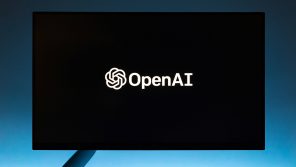The New York Times is suing OpenAI and Microsoft for copyright infringement, claiming the two companies built their AI models by “copying and using millions” of the publication’s articles and now “directly compete” with its content as a result.
As outlined in the lawsuit, the Times alleges OpenAI and Microsoft’s large language models (LLMs), which power ChatGPT and Copilot, “can generate output that recites Times content verbatim, closely summarizes it, and mimics its expressive style.” This “undermine[s] and damage[s]” the Times’ relationship with readers, the outlet alleges, while also depriving it of “subscription, licensing, advertising, and affiliate revenue.”
The complaint also argues that these AI models “threaten high-quality journalism” by hurting the ability of news outlets to protect and monetize content. “Through Microsoft’s Bing Chat (recently rebranded as “Copilot”) and OpenAI’s ChatGPT, Defendants seek to free-ride on The Times’s massive investment in its journalism by using it to build substitutive products without permission or payment,” the lawsuit states.
Meanwhile, the release of AI models trained on the Times’ content has proven very lucrative for both Microsoft and OpenAI, the lawsuit states. The publication claims it has attempted to negotiate with both companies for months to ensure it received fair value for the use of its content, but failed to reach a solution.
The publication is suing both companies for copyright infringement and asks them to be held liable for billions of dollars in statutory and actual damages for allegedly copying its works. It’s also asking the court to prevent OpenAI and Microsoft from training their AI models using its content, as well as remove the Times’ work from the companies’ datasets.
However, in OpenAI’s recent reaction to the lawsuit, it considers the lawsuit to be “without merit”.




